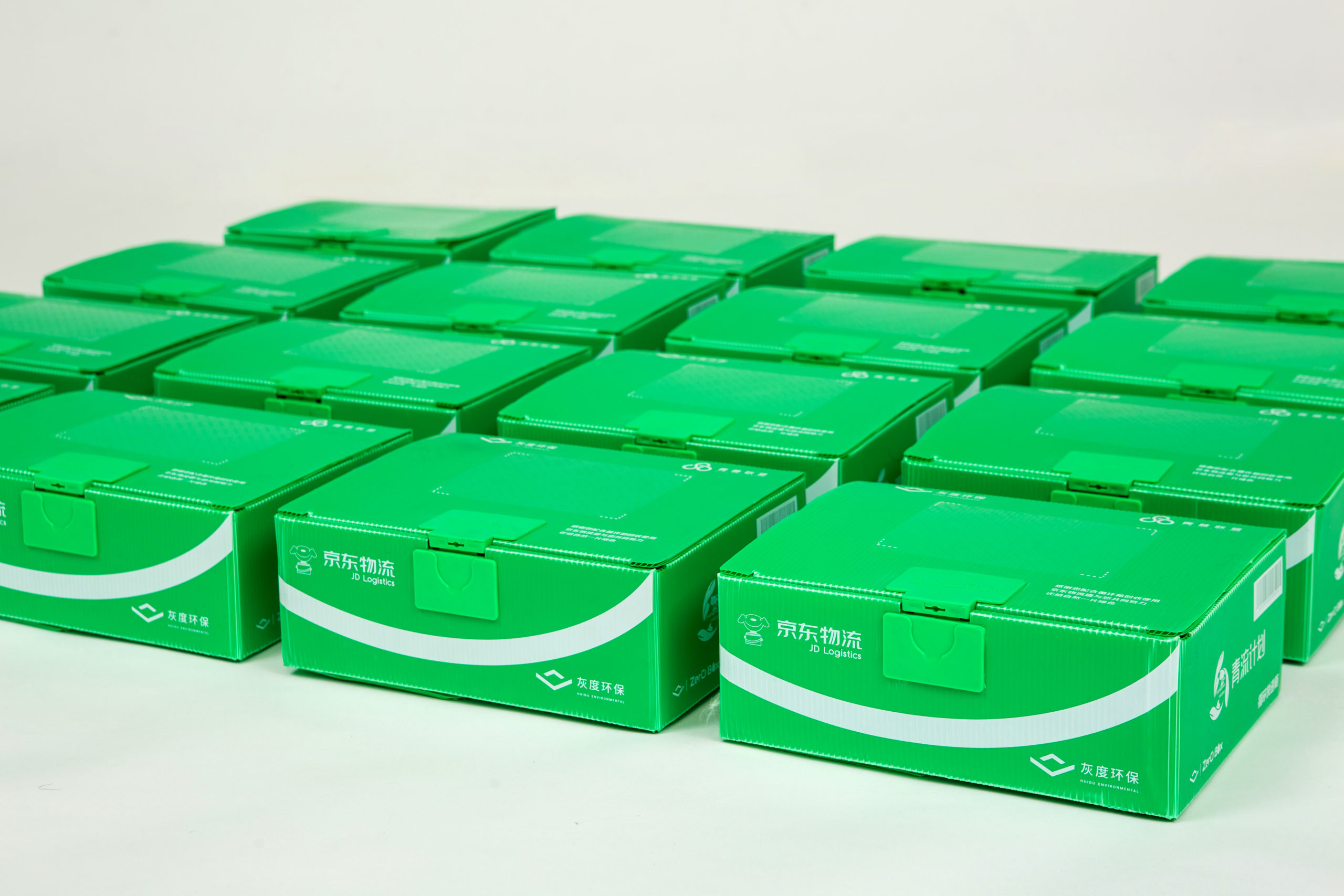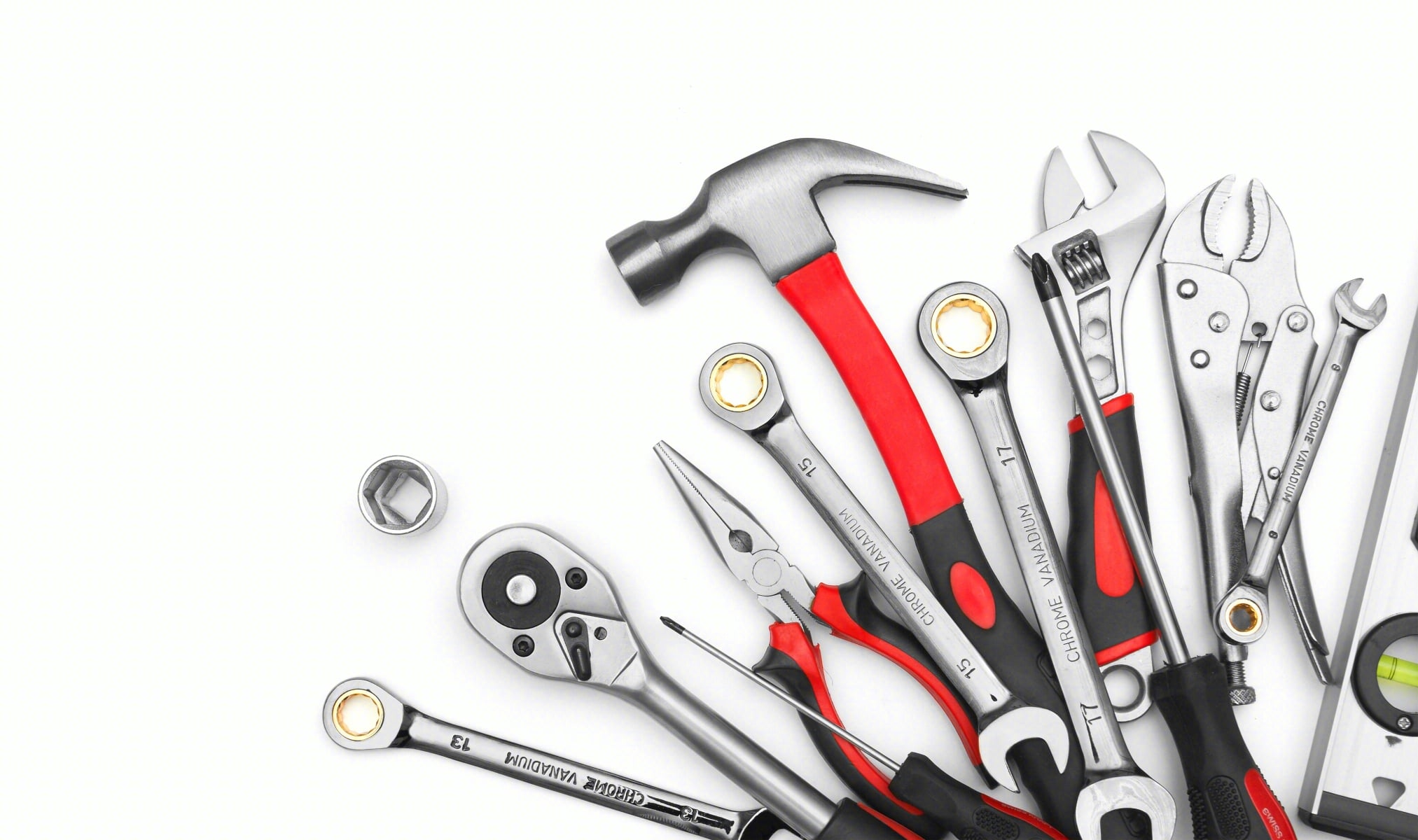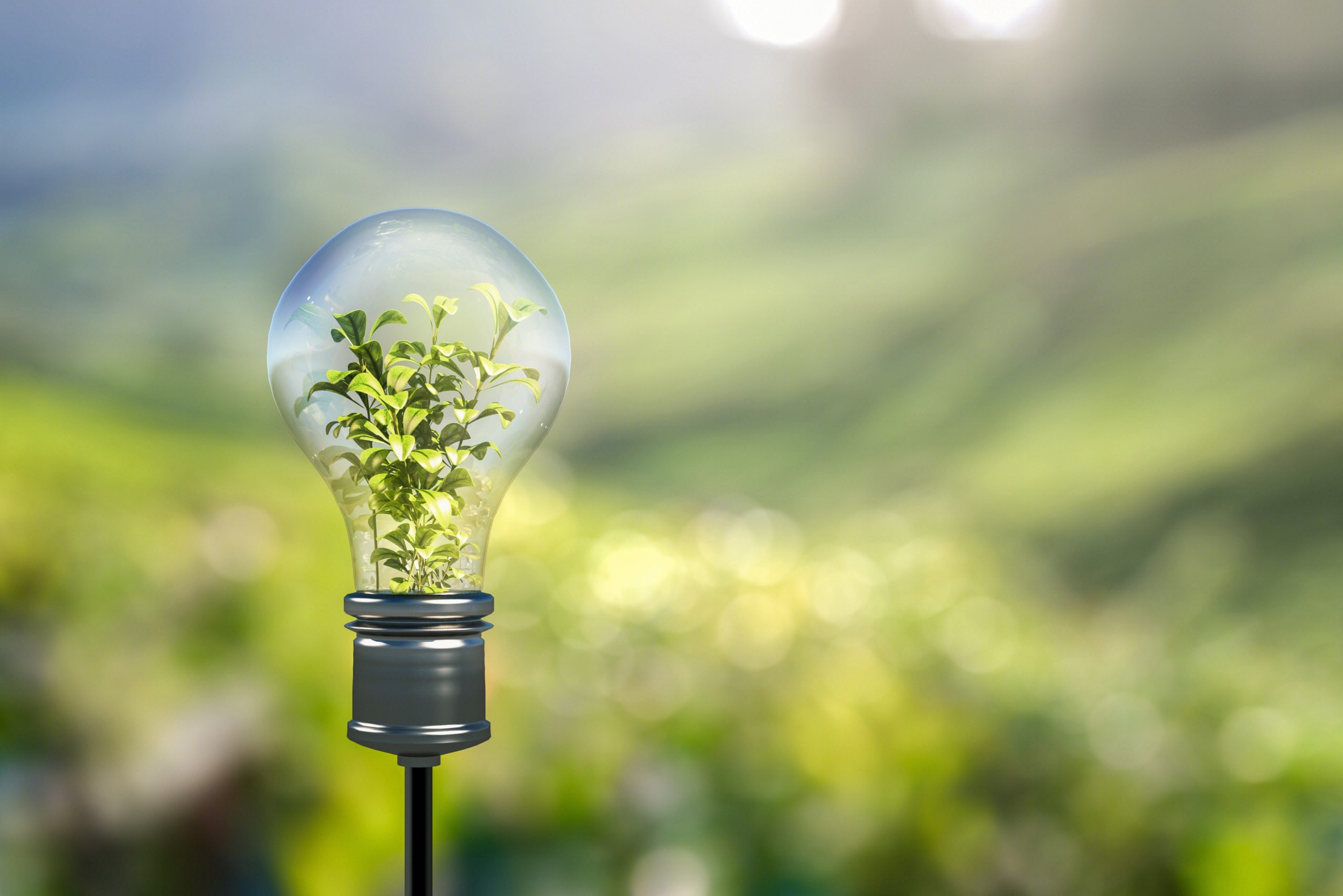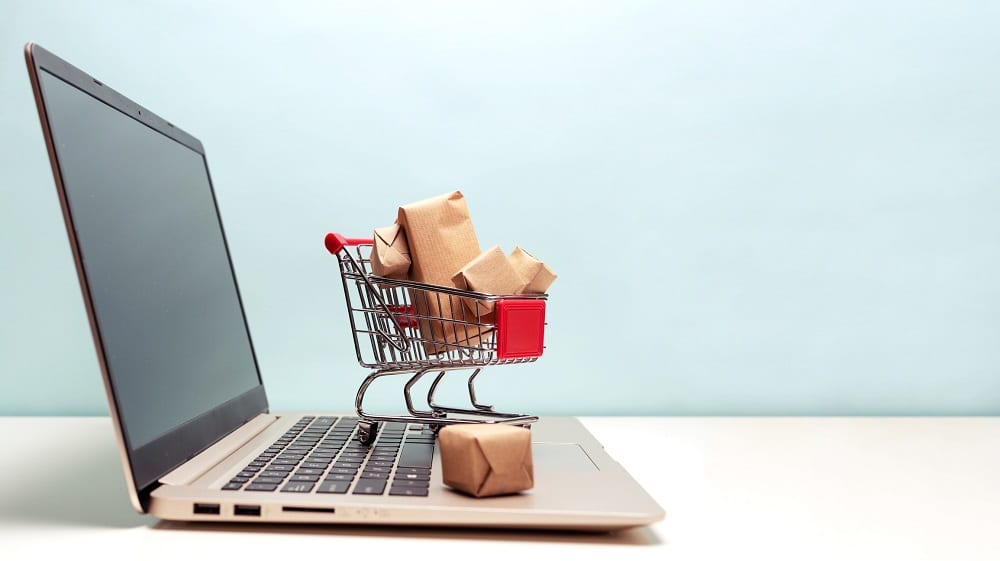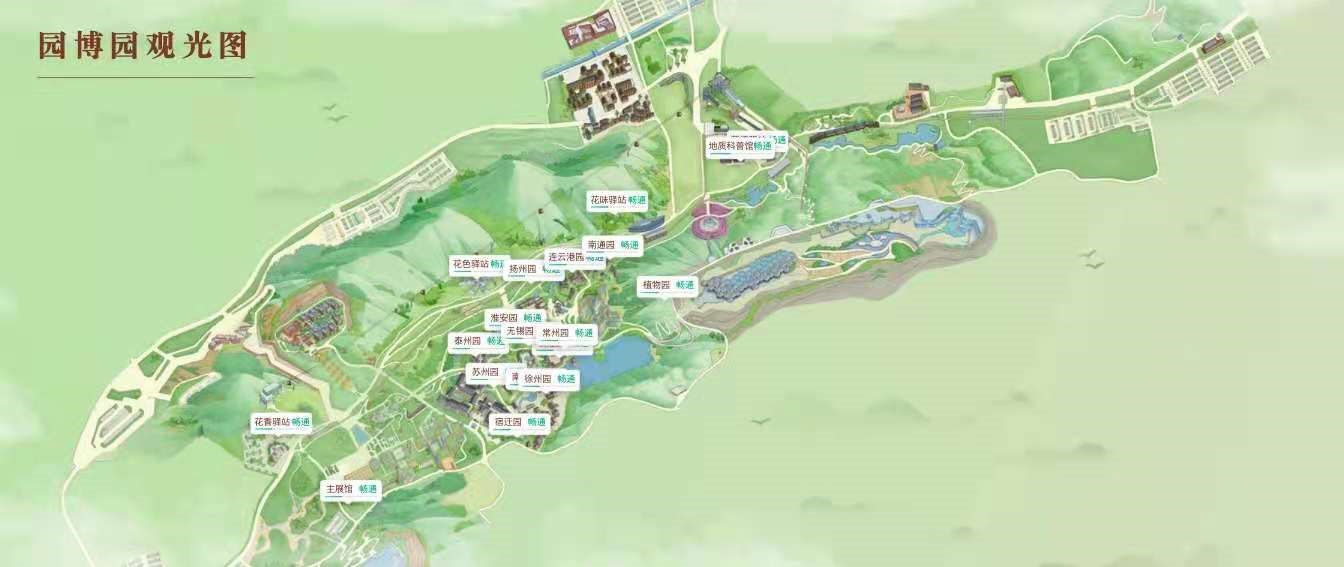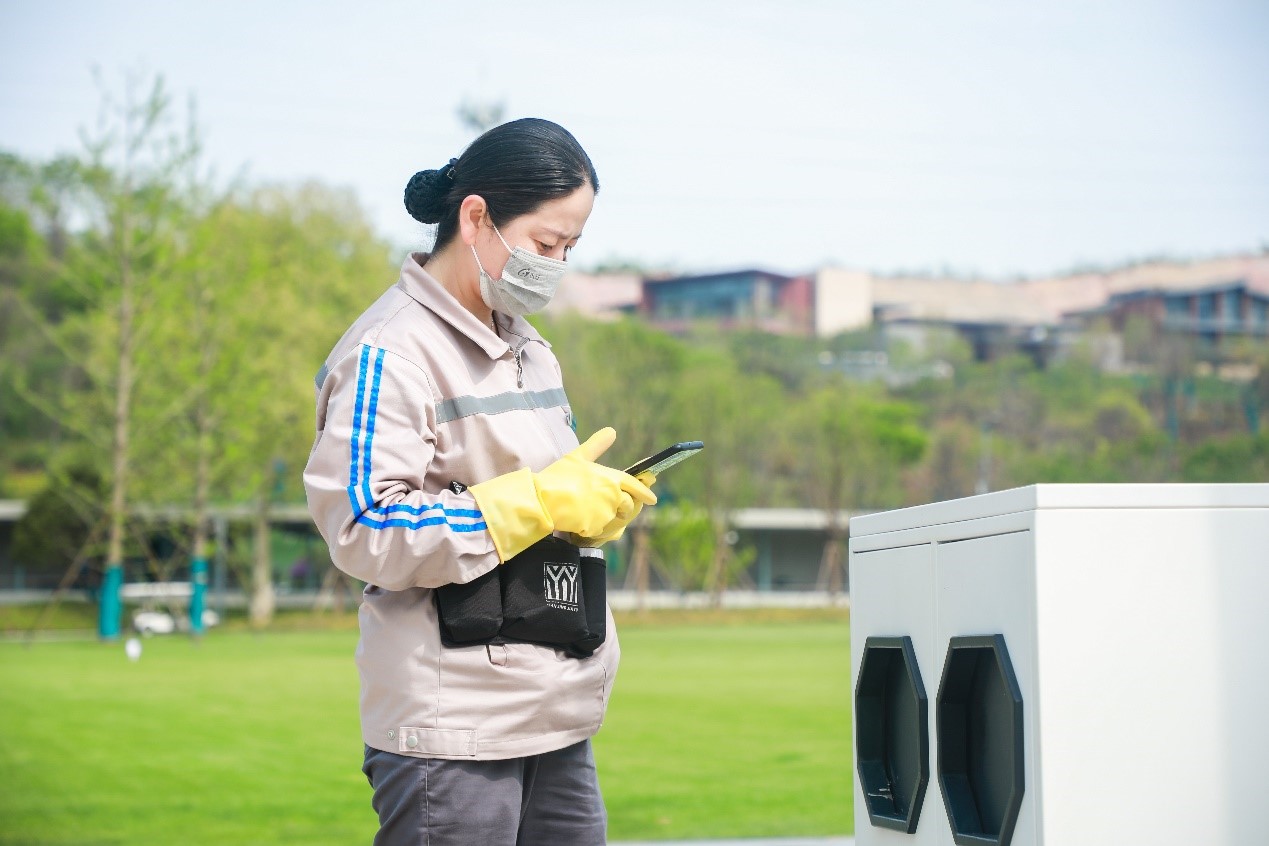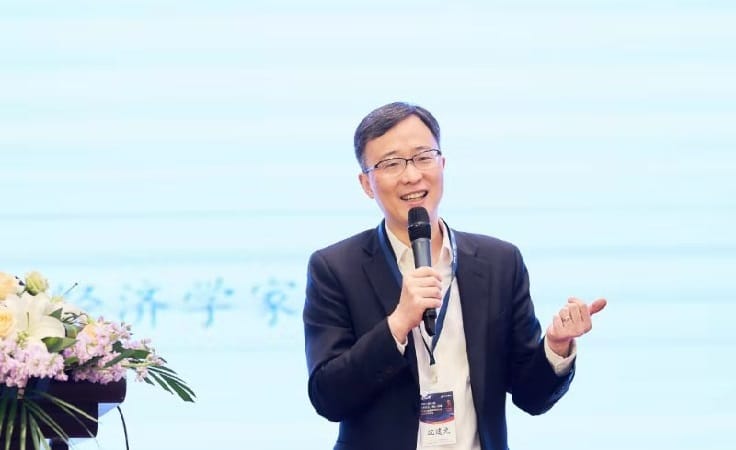by Ella Kidron
JD.com released its first ESG report on Apr. 19. Stemming from its mission of “Powered by Technology for a More Productive and Sustainable World,” the report highlights JD’s long-term approach to ESG initiatives. It captures JD’s corporate social responsibility strategic framework, which is centered on using digitally intelligent supply chain to cover three pillars: boosting the real economy, improving social efficiency and enhancing environmental friendliness. A few areas worth noting include: Green supply chain, green data centers, poverty alleviation and giving.
Green supply chain
As a supply chain-based technology and service provider, JD contributes to China’s carbon neutrality goal and global climate action by building a cleaner supply chain system with a lower carbon footprint. JD’s green supply chain efforts span logistics, warehousing and transportation.
With the rapid increase in express delivery packages in circulation from 5.7 billion in 2012 to over 80 billion in China in 2020, optimizing packaging material is of critical importance. JD’s reusable packaging boxes have been used over 16 million times, according to the ESG report. With the introduction of cold chain boxes, JD has realized a cumulative reduction of 180 million disposable foam boxes and 600 million disposable ice packs. Additionally, the company has promoted “slim” tape, slimming tape from 60 mm to 45 mm in width, resulting in a reduction of 400 million meters (roughly 100 times the circumference of the Earth) of tape per year.
JD Logistics, JD.com’s logistics arm, also launched the Green Packaging Alliance and China’s E-commerce & Logistics Packaging Standards Alliance, which developed the industry’s first packaging standards and is playing an important role in promoting the industry’s environmental-friendly development. Facilitating brands to join its green manufacturing initiative has reduced industry-wide disposable packaging usage by nearly 10 billion pieces.
In addition to packaging, the company has pioneered green warehousing with a rooftop distributed solar PV system in the Shanghai Asia No. 1 intelligent logistics park established in 2017. In 2020, the power generation reached 2.538 million kwh, equivalent to approximately 2,000 tons of carbon dioxide emissions reductions and saving approximately 800 tons of standard coal.
Green data centers
Through low-carbon design, green procurement, energy management, efficient resources use and waste management, as well as daily green operations, JD has achieved greener data center practices with a lower carbon footprint. The data centers’ annual average power usage effectiveness (PUE) is decreasing each year, reaching below 1.3 by utilizing energy-saving technologies such as frequency conversion and indirect evaporative cooling, as well as refined operations and maintenance management. (It’s more energy effective if the PUE ratio is closer to 1.0)
In the future, the data centers will use new technology that recycles residual heat derived from data center operations, to provide a green and clean heat source for urban integrated heat supply networks. In addition to JD’s first self-built data center in Suqian, Jiangsu province, another two green data centers under construction are located in Langfang, Hebei province and Kunshan, Jiangsu province. According to Xiaobin Zhou, who is in charge of data center construction at JD Technology, the designed PUE of the new centers is around 1.21.
JD Foundation and the JD Giving Platform
In 2020, JD Foundation, JD.com’s charity affiliate, donated around RMB 200 million yuan. Its online donation platform, the JD Giving Platform, raised RMB 19.77 million yuan and collected more than 1.27 million charitable items, with the total participation of around 3.75 million people.
The JD Giving platform is the first Internet fundraising platform recognized by the Ministry of Civil Affairs of the People’s Republic of China. Through the platform, purchases can be made by adding them to their JD shopping carts as they would other products and then items are delivered directly to the charity program by JD’s efficient logistics system.
The platform features two major functions, with one being the support of the collection and donation of idle materials (such as clothing and toys) and the second being the support of monetary donations and one-click purchasing of materials from JD to be donated to products in need. According to the ESG Report, from 2019-2020 JD initiated several rounds of its clothing recycling program in partnership with China Charity Federation to help children with premature heart disease. More than 473,000 items of clothing from across 90 cities in China have been collected through the platform.
Commitment to Rural Revitalization
As underscored in the report, JD is committed to poverty alleviation and the ongoing rural revitalization in China. By Sept. 30, 2020, JD had helped 110 impoverished counties put more than 3 million local commodities online, and achieved RMB 100 billion yuan in poverty alleviation-related sales, directly driving more than 1 million impoverished households to increase their income.
Powered by technology for a more productive and sustainable world
In his letter accompanying the report, Richard Liu, chairman and CEO of JD.com, wrote: “ESG investment that incorporates environmental and social factors into the overall risk assessment of enterprises, and pays more attention to long-term value creation, is becoming a mainstream trend of the global capital markets. In this context, the world’s leading companies have updated their sustainable development goals and strengthened their mission and commitment to the future. JD is one of these leading companies—in 2020, we released a new group mission—Powered by Technology for a More Productive and Sustainable World.”
Despite this being the company’s first ESG report, which it voluntarily opted to publish, JD’s investment in corporate social responsibility goes much deeper, as was evident from the very beginning of the COVID-19 outbreak.
When COVID-19 swept the world, JD spared no effort in fighting the virus. As noted in the report, the company leveraged its leading advantages in supply chain and logistics through a series of efficient, reliable and innovative anti-epidemic measures to meet social needs with medical resources and daily necessities. JD quickly galvanized and formed a steering committee to make critical decisions and execute deployment as well as a special team for epidemic prevention and control to ensure the health and wellness of all employees and other stakeholders. From Jan. 21-Mar. 31, JD Logistics (JDL) transported over 70 million emergency medical supplies for free, with a total weight of more than 30,000 tons.
Liu wrote: “In terms of risk likelihood and impact for the next decade, extreme weather, climate action failure, human-led environmental damage, public health crises, and biodiversity loss constitute the five most significant risks globally. Actively seeking solutions to these risks will bring new growth opportunities to the post-pandemic world.”
Liu closed: “As a ‘supply chain-based technology and service provider,’ JD will continue to devote more efforts to building a more sustainable world with its supply chain capabilities.”
View a short video of highlights from the ESG report below:
JD.com’s Manifesto on Reducing Carbon Emissions
Climate change is a long-term and far-reaching threat to human kind, and it has been global consensus of going green and low carbon for development. JD.com is committed to becoming a leading enterprise in reducing carbon emissions and actively responds to the national strategy of China aiming to have CO2 emissions peak before 2030 and become carbon neutral by 2060. We are fully practicing a green and low carbon development philosophy in doing our business and constructing a business ecosystem that is in harmony with nature. We are committed to becoming a leader in carbon reduction and inspiring more consumers and ecosystem partners to participate in the construction of an ecological civilization system and together create a new realm with high quality development.
JD.com strives to build a green and low carbon business model and leverages its core competencies including infrastructure and innovative technologies to continuously build a lower carbon and cleaner supply chain system. We will deepen JD.com’s sustainable actions represented by the Green Stream Initiative, and promote green procurement, energy management, efficient use of resources and manage waste. We will strengthen the deep convergence of the idea of green into our activities to build a daily green operations mechanism and make JD.com a firm advocate and vigorous practitioner of green and low carbon in the process of innovation and development.
JD.com will fully open up its Digitally Intelligent Social Supply Chain, joining its eco-partners, and drive up and downstream industries to jointly follow a green and low carbon development path. We will fully open up our technology and services to help the up and downstream partners lower circulation costs, improve operating efficiency and reduce energy consumption. We will comprehensively strengthen our supply chain-based technology and services to power the intelligent digital transformation in industries such as energy and manufacturing. We will lead energy efficiency optimization in the industry to work with more partners and industry representatives to create a beautiful and eco-friendly earth, our common homeland.
JD.com strongly advocates “responsible consumption” and encourage its customers to consume and live in a green and low carbon way and cultivate their willingness to choose green and low carbon products. Through recommending green products and innovations such as setting up carbon credits for green consumption, we internalize the green and low carbon, civilized and healthy consumption philosophy. We are also promoting green consumption to drive green manufacturing and help the whole society form the idea of green development and consumption.
Go together, we will go far and little drops of water will make the mighty ocean. JD.com is willing to work with more ecosystem partners and consumers to promote green development, low carbon transformation and sustainable consumption, and contribute to the realization of China’s CO2 emissions peak and carbon neutralization goals and the sustainable development of the globe.
(ella@jd.com)



